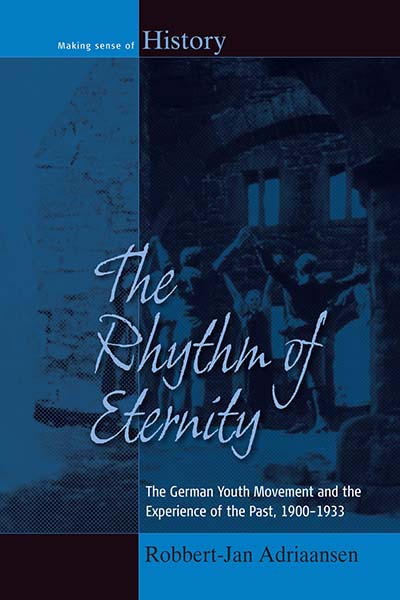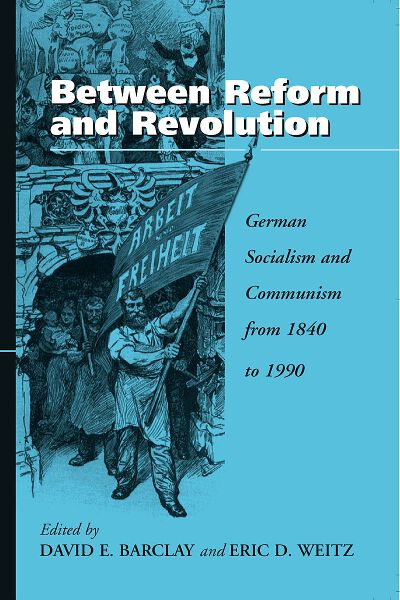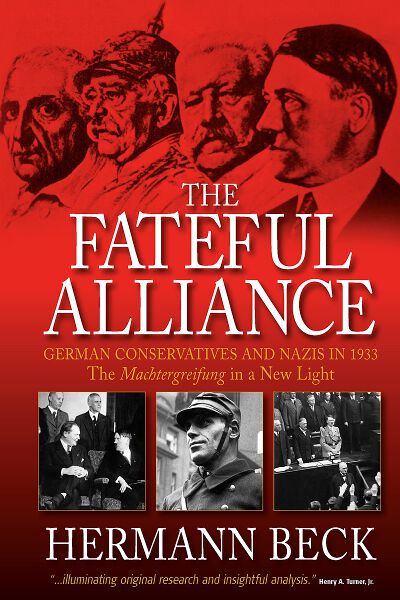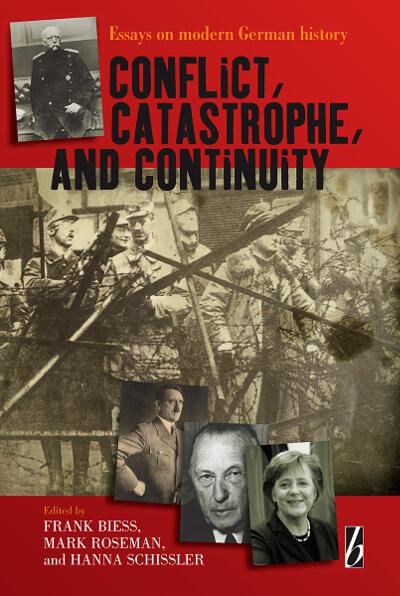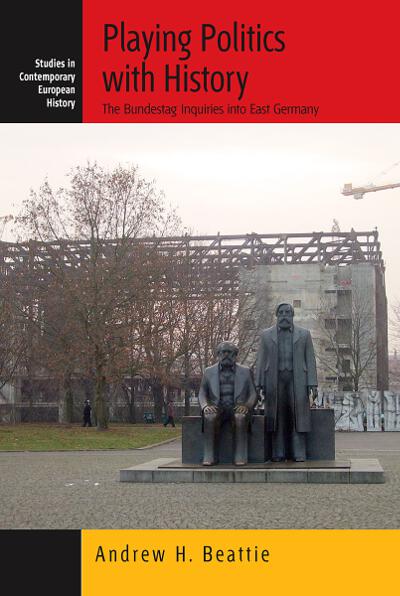
Series
Volume 4
Studies in Contemporary European History
See Related
History JournalsEmail Newsletters
Sign up for our email newsletters to get customized updates on new Berghahn publications.
Playing Politics with History
The Bundestag Inquiries into East Germany
Andrew H. Beattie
304 pages, bibliog., index
ISBN 978-1-84545-533-0 $135.00/£104.00 / Hb / Published (September 2008)
eISBN 978-0-85745-017-3 eBook
Reviews
"This is a timely, well-written and original take on a topic that has generated a great deal of controversy. Ever since its inception the Enquête Commission has been a magnet of attention for anyone interested in the dynamics of history and memory in post-communist Europe. But what Beattie so skillfully explores here are the dynamics of history and power, how the Commission's work was part of a wider and prolonged struggle in which the competing parties and their constituencies have sought to tap the past as a source of political legitimacy since 1989. The outcome is an engaging yet level-headed investigation into the Vergangenheitspolitik of unified Germany." · Corey Ross, University of Birmingham
Description
After Germany's reunification in 1989-90, the country faced not only the history and consequences of the nation’s division during the Cold War but also the continuing burdensome legacy of the Nazi past and the Holocaust. This book explains why concerns that the Nazi past would be marginalized by the more recent Communist past proved to be misplaced. It examines the delicate East–West dynamics and the notion that the West sought to impose "victor's justice" (or history) on the East. More specifically, it examines, for the first time, the history and significance of two parliamentary commissions of inquiry created in the 1990s to investigate the divided past after 1945 and its effects on the reunified country. Not unlike "truth commissions" elsewhere, these inquiries provided an important forum for renegotiating contemporary Germany's relationship with multiple German pasts, including the Nazi period and the Holocaust. The ensuing debates and disagreements over the recent past, examined by the author, open up a window into the wider development of German memory, identity, and politics after the end of the Cold War.
Andrew Beattie studied history and German studies in Australia and Germany, and has had fellowships in the United Kingdom, Germany, and Italy. In 2005 his University of Sydney dissertation received the Jean Monnet Thesis Prize, Contemporary Europe Research Centre, Melbourne. He teaches German and European studies at the University of New South Wales, and previously taught German studies at the University of Technology, Sydney.

